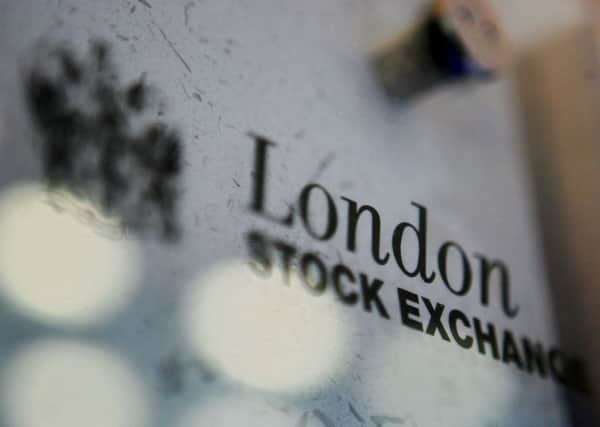Martin Flanagan: LSE puts on a brave profitable face
This article contains affiliate links. We may earn a small commission on items purchased through this article, but that does not affect our editorial judgement.


But a fairly good flannel to wipe such embarrassment off is a double-digit rise in profits, which the LSE has just delivered.
Gross profit at the LSE has jumped 17 per cent to £409 million in the first three months of 2017, while total income surged 19 per cent to £458.7m. The first-quarter outturn was boosted by a near-third jump in income at French clearing business LCH, the subsidiary which the LSE had offered to offload to Euronext to help ease the EU’s competition concerns.
Advertisement
Hide AdAdvertisement
Hide AdSuch a strong performance at least helps make the case that the London exchange and its subsidiaries were dealing from a position of strength when trying to pull off the deal with Deutsche Borse.
LSE, somewhat like a dowager adjusting her skirt self-consciously after tripping when alighting from a hackney carriage, also addressed the other issue by saying it was exploring “inorganic” as well as organic investments to drive growth. This is corporate-speak for the organisation still being in the market for merger or joint venture if a suitable strategic opportunity and price presents itself.
It will be interesting to see whether one of the major US exchanges, in particular, bites. Meanwhile, the LSE repeated its plans for a £200m share buyback programme, first announced last month, as compensation for the collapsed merger deal.
Perhaps most importantly, the LSE’s shares edged up to a record closing high of 3,348p, indicating that institutions do not believe the failure of the marriage with Frankfurt is an out-and-out disaster.
Times get tougher for banks
Santander follows Virgin Money in warning of potentially more challenging times ahead as consumers face tougher economic times.
They are unlikely to be the last of the lenders to do so. No sudden borrowing car crash is being forecast. More a gradual realisation among consumers as inflation rises and earnings tread water that times are a bit tougher.